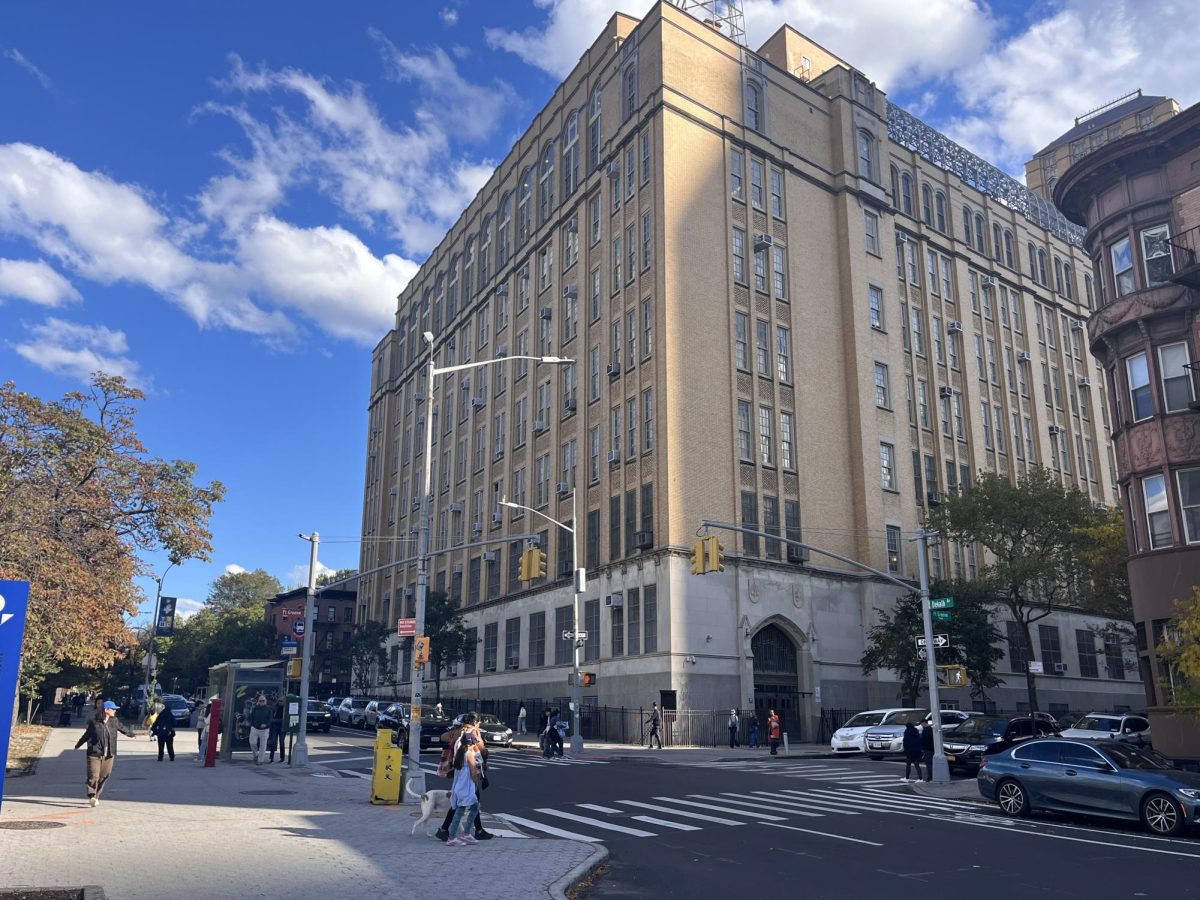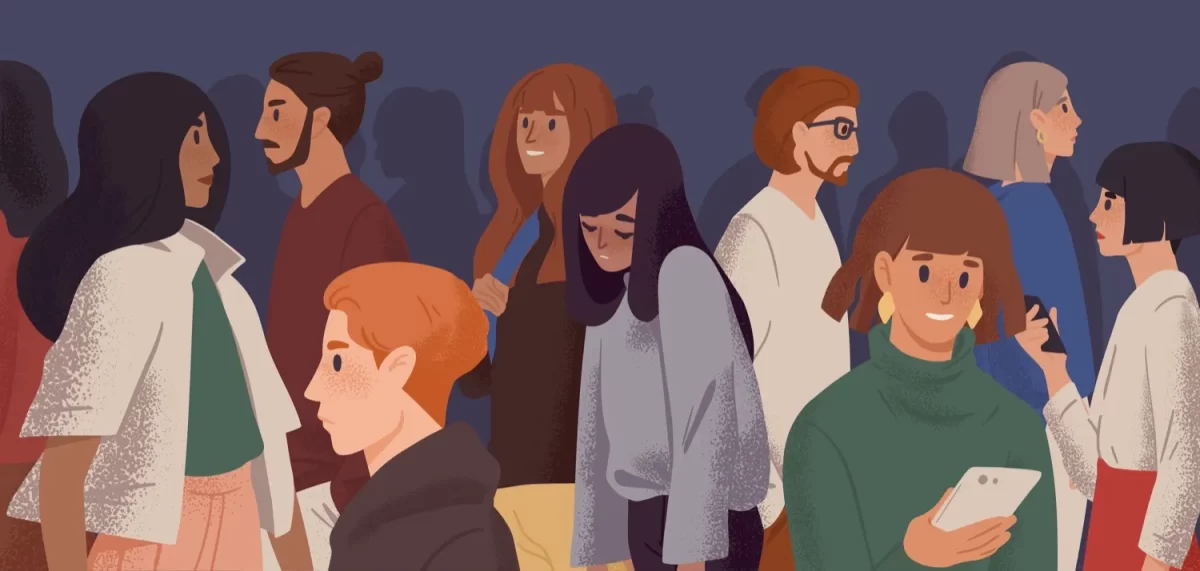Hour-long commutes, long schedules, after-school activities, and stacks of homework keep Tech students busy. With all of these time commitments, students often feel as though there are not enough hours in a day, resulting in sacrifices to their sleep.
The American Academy of Sleep Medicine recommends all teens receive 8-10 hours of sleep every night. However, when the Centers for Disease Control and Prevention conducted a national study, they reported that “about 7 out of 10 (72.7%) did not get enough sleep on school nights.” Tech students reported similar results to the study as seen in a survey of 200, with the average student reporting 5.93 hours of sleep.
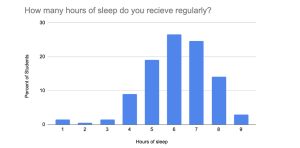
Sleep deprivation, defined as not receiving the recommended amount of sleep for one’s age demographic by the National Heart, Lung, and Blood Institute (NHLBI), is a prevalent concern not only among Tech students but teenagers in general.
Yolanda Lin (‘26) has lost sleep amounts during her recent transition from a 1 to 8 schedule to a 1 to 10. “Sophomore year has been difficult,” she expressed. “I’ve almost never finished homework before midnight and I always come home completely drained.”
Sleep levels also suffer when teachers stretch homework expectations. “Even though teachers have a limited amount of 30 minutes of homework to give us every night, it ends up piling up for each class. It can take hours to finish a single assignment if I don’t understand what was being taught that day,” Lin added.
Some freshmen have reported drastic changes in sleep and overall school-to-life balance as well during their transition to Tech. Hanaa Hajii (‘27) stated, “I have to wake up every day at 5:50 a.m. and leave my house at 6:30 a.m. to commute from Queens to Brooklyn…All my friends from other schools don’t wake up for school until after my first period ends, and they perform better and are generally happier.” Though Hajii expressed that she is grateful for her first few months at Tech, she noted that she dislikes how normalized it is for Tech students to be staying up late to complete work, constantly coming to school tired.
Chuheng Wen (‘27) also wakes up early — typically at 5:30 a.m. — to arrive at school for his first period start time. He avoids sleep deprivation by taking maximum advantage of the workday. “In terms of managing my schedule, sometimes I sneak in doing my English homework before 1st period on my commute and I go to the library every free period I can.”
Out of a survey of approximately 200 Tech students, roughly 40% of students stated that they lived over an hour away from Tech, on top of many more living 30 minutes to an hour away. Like Wen, students could tackle their homework or reread their notes during their commutes to ensure effective time management.
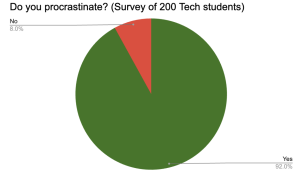
Another culprit in the culture of sleep deprivation is procrastination. Procrastination is caused by many things, including perfectionism, low discipline, the fear of failing, or the fear of missing out. What is likely the most familiar culprit for students is their phones or computers, with countless apps stimulating an addictive dopamine release in the brain, making digital distractions difficult to resist. “I usually go to sleep at 9:00 PM but sometimes I can get hooked up on my phone until 11:00 p.m. talking to others,” Wen admitted.
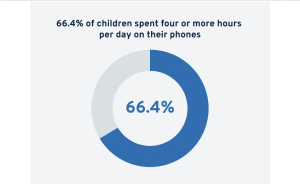
While solving procrastination and sleep deprivation is difficult, educating students on the long-term effects of sleep deprivation is effective. “Now that I’ve told my classes of the effects of sleep deprivation, they are more aware of their sleep,” stated Ms. Nolan, a health teacher. “I think it’s a matter of getting the information and then working on your time management skills.”
Noting the potentially dire consequences of sleep deprivation draws students’ attention to the health dangers. “Not getting enough sleep can cause obesity, diabetes, cardiovascular disease, stroke, and hypertension,” were some of the consequences explained by Ms. Nolan. She continued that while she and her students are aware of these risks, many forget these risks as time goes on, or are simply unaware.
The Pennsylvania State College of Medicine found that 45-year-olds and older who slept less than 6 hours each night were 200% more likely to have a heart attack or stroke during their lifetime, compared to those who received seven or more hours a day. By building sleep deprivation habits as a teen, they may carry on, putting one at risk for developing sleep deprivation-related illnesses as time goes on.
Wen has a couple of ideas for solutions to help sleep-deprived students improve their sleep schedules; especially for students who lay in hallways, and take naps in between classes. Making designated study rooms and shifting start times to a period students can personally choose can change students’ quality of life and sleep.
When asked about making study rooms at Tech to increase daytime student productivity, Mr. Newman explained that he lacks the space and the staff to monitor them. “People are teaching… and [students] can’t be in a room by [themselves]” However, Newman emphasized that the auditorium now acts as a studying space in replace of the hallways and students can study there if they need to.
He also pointed out that pushing back the school’s start time is not feasible. “Shifting school sounds like a great idea, but I can’t shift the day to end after 4 p.m.,” said Newman. “We are already one of the latest schools [in NYC] ending at 3:35 p.m.,” he added.
With widespread concern regarding the issue of sleep deprivation at Tech, Mr. Newman noted that if students ever need special accommodations to start earlier or later, they can always put in a request with their guidance counselors.
Sleep deprivation is a widespread, dangerous problem at Tech, but students can prioritize sleep and health by cutting their screen time, tackling homework during their free periods, or adjusting their sleep schedules to enable healthier sleep levels.





